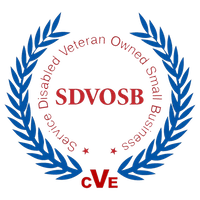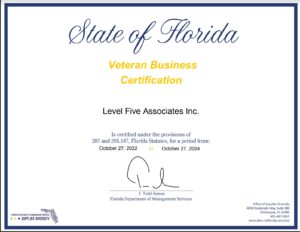What really motivates your teammates?
The answer is complex, but the Level Five leader would say that an organization’s culture must include dignity and respect at or close to the top of the list. Read on to understand what this means and how you might recognize it in your organization.
On August 11, 1879, Major General John Schofield, Superintendent of the United States Military Academy at West Point, addressed the Corps of Cadets. In his address, he described his definition of discipline. His words 135 years ago were spot on and apply equally to today’s military and corporate America. In the general’s words, “the discipline which makes the soldiers of a free country reliable in battle is not to be gained by harsh or tyrannical treatment. On the contrary, such treatment is far more likely to destroy than to make an Army”. In the 1970’s, General Melvin Zais summed it all up in very simple terms. He focused on treating soldiers with dignity and respect and “enjoined us to be ever alert to the pitfalls of too much authority, to beware that you do not fall in the category of the little person, with a little job, with a big head. In essence, be considerate, treat your subordinates right, and they will literally die for you”. Substitute the word teammate for subordinate, and these words ring true today in the context of any business.
Team members in a high performing business want to be challenged, trusted, and treated with dignity and respect. It all boils down to building the right culture where folks are empowered to do what they do best without being micro-managed. This special culture is led by a CEO and senior management team willing to decentralize responsibility and authority to the appropriate level. Initiative is expected and encouraged. The conditions must be set to allow this to happen, but once achieved, remarkable results happen. A fundamental building block of this culture is dignity and respect.
This kind of culture is quick to spot. Do team members treat each other with dignity and respect? Are team members well informed? Are rumors and gossip quickly addressed? Do leaders quickly address transgressions? Is there a high degree of teamwork? Do team members support one another and proactively share information to set each other up for success? Do leaders really listen to their team members and value their input? Has the organization’s azimuth been established with absolute clarity? Motivated and talented team members want to be part of a team that can answer these questions in the affirmative.
Level Five Associates is all about building high performing teams with leaders who have a paradoxical combination of humility, competence, and persistence. Reread Jim Collins’ “Good to Great”. This brand of leader always puts the team first and gives credit to those who make it happen. He or she leads from the front and is totally committed to achieving the organization’s goals. The Level Five leader thinks in terms of “we” and “us”, never “I” and “me”. They build and then passionately protect their organization’s culture. Above all else, they ensure that their team members are at all times treated with dignity and respect. This really matters in battle and in the board room.
How are your teammates treated? How would they define your culture? How are your teammates motivated?
You can read our other posts about culture here.





